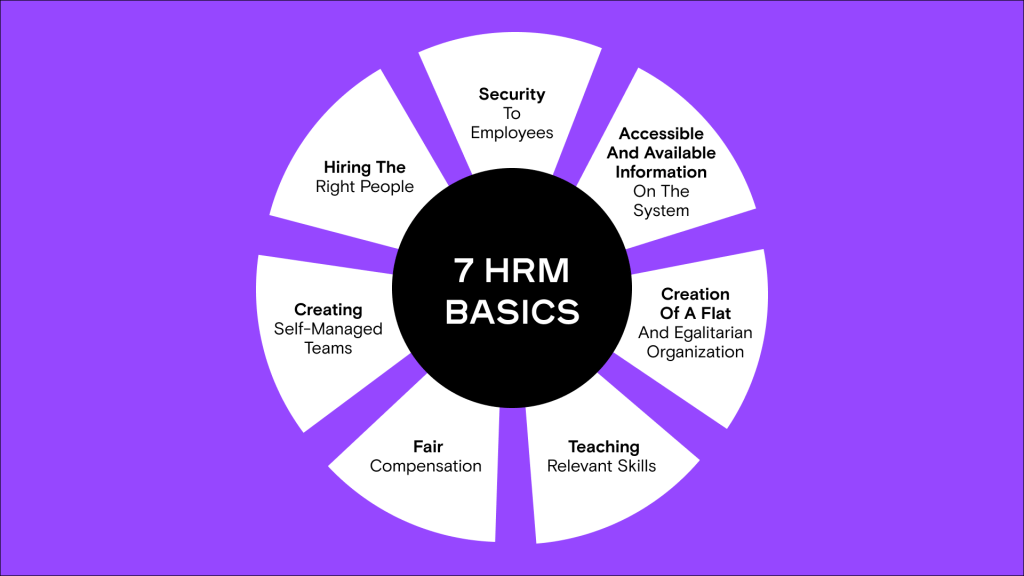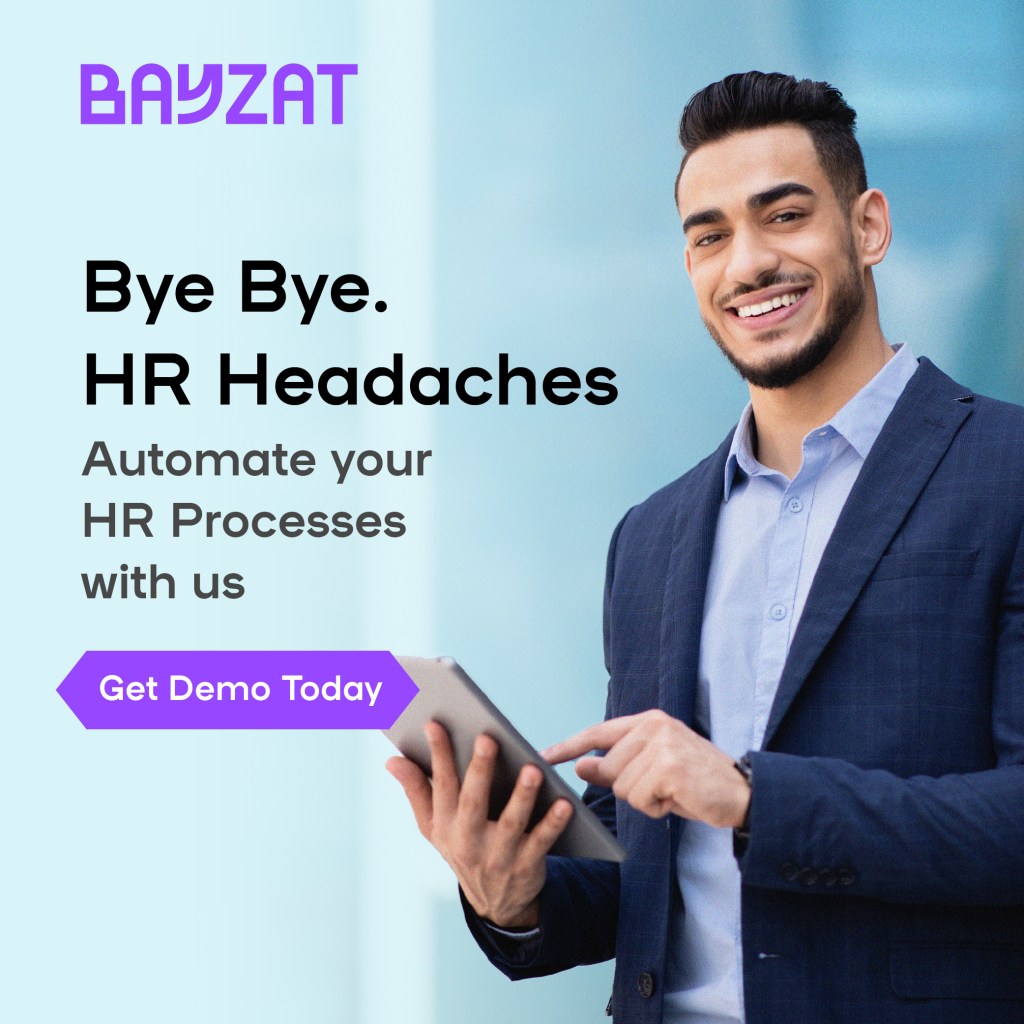Your Human Resources department is at the forefront of building a successful business, and HR is in charge of the employees, and their well-being can make or break your company. The good news is that HR management best practices could help you make employee management a breeze. You have tools like Human Resource Management Software to build a foundation of strong and egalitarian management.
But what are the best HR management practices you must focus on when creating the foundation of a good HR department?
What Are Human Resource Management Practices?
A human resource management system is generally divided into two schools of thought. These processes both talk about the importance of managing employees but give a unique approach to how it should be done. The schools of thought are:
- The best fit approach believes Human Resource policies should align with business strategies. For the HR department, the focus should always be on fulfilling both the needs of the company and its employees.
- The best practice approach considers there to be universal HR processes that lead to success. The school believes that certain HR activities are superior, and by following those, your company can gain a competitive advantage at all times.
Both of these schools of thought have their own pros and cons. The focus here will be on the best practice approach, as it has been extensively studied and shown to work in a variety of business settings and industries.
But why should you care about HR best practices, and what do they have to do with Human Resource Management Software?
Why Do Human Resource Best Practices Matter?
Optimizing your HR management can help improve the overall efficiency of your organization. The long-term benefits of best practices include the following:
- Boost employee productivity – Employees have more time to focus on the things that matter, and they feel more invested in your business’ success.
- Coherent organizational culture – Your business will have a stronger framework to weather the storms. Your healthy company culture leads to better employee retention, but also a good reputation among your clients.
- Better employee satisfaction – Employees will be more satisfied with your organization. This means they want to stay in your company for longer.
- Enhanced skill development – As you will see, employee best practices will lead to a culture of continuous training and development. This means your business will always have the right skills in place to succeed.
The above can have a massive boost to your business. With HR best practices, you can build an organization that cares for its employees and its customers.
Seven Best HR Practices

The most common HR best practices were introduced by Jeffrey Pfeffer in two of his popular books. Both Competitive Advantage through People (1994) and The Human Equation: Building Profits by Putting People First (1998) outlined seven practices that are still widely considered to be the best in the business. These best practices are often part of how HR software is designed and utilised.
1. Providing security to employees
If the past few years have shown us something, it’s that life’s unpredictable. People need stability and security in the tumultuous world, and if you can show it to your employees, then you’re already doing better than many.
The first part of employee security that HRMS can help with is the employment contract. You want to draft a clear contract that provides the employee security in terms of what’s expected. Even when you’re dealing with part-time workers, you want them to know the hours they need to work, the salary they’ll receive, and the length of the contract.
Naturally, you also want to cultivate a company that can guarantee job security. If your employees are constantly living on the edge, they won’t be as productive and happy. You’ll have a higher churn out, and you might find it difficult to attract talent.
2. Hiring the right people
One of HR’s most crucial jobs is to hire the right people for the company. Again a good HR management system can be a great tool.
Selective hiring means you aren’t hiring just anyone. You need to use tools to make the vetting process smooth and efficient. You need to identify the skills you have and the skills you need. The hiring process needs to be structured well so that it’s clear for the candidates.
Take advantage of the many tools available to you. Your recruitment should include the following:
- Structured and unstructured interviews
- IQ tests
- Personality assessments
- Peer assessments
- Reference checks
The different processes guarantee you find the right people for your organization.

3. Creating self-managed teams
Teams that trust and support each other are the ones that will perform well. You want to support team building within your organization. If you have employees that aren’t afraid to lead and take the initiative, then you can see great results in the short- and long-term.
There are several things you can implement in the best practice of self-managed teams. These include:
- Measuring individual and team performance
- Rewarding excellence
- Using individual assessments
- Creating strong feedback loops
HR management software can help by providing you with the right communication, feedback, project management, and goal-setting tools. Teams will find it easier to collaborate and grow.
4. Compensation based on fairness and performance
There is no denying that salary is a vital part of the employee experience. The most important thing about pay is that you match the money with the value your employee creates. If employees feel they aren’t compensated properly, they aren’t going to put in the effort.
You should use Human Resource Management Software that understands compensation also isn’t just about the hourly pay. Other benefits and forms of compensation can help create a fair and competitive system that rewards employees.
Your compensation package should always look beyond the obvious employee benefits. You need to ensure you adequately manage sick and holiday pay, as well as deal with employee healthcare and pension payments.
5. Teaching relevant skills
Another HR best practice is all about employee development and training. Even when you recruit top talent, you still need to ensure their skills keep on par with the ever-changing world. The world is constantly changing, and you want your employees to stay on top of these changes.
Training can occur in many ways. A good HR department utilizes different techniques to make employee development fun and engaging. You want to include formal and on-the-job learning but also implement feedback and coaching to your organization’s framework.
Read more : Top 10 Ways to Enhance Coaching Culture in Your Organization
6. The creation of a flat and egalitarian organization
Hierarchies are not inherently bad. Your organization needs leaders and managers to ensure HR best practices. But this doesn’t mean you don’t want to create an egalitarian organization where everyone matters. You want to value each employee the same way and treat people as equally as possible.
A more egalitarian organization will be better adapted to creating an environment of sharing and innovating. The trust, security and sense of camaraderie will help promote positive and engaging systems of working together.
7. Accessible and available information
The final best practice your organization needs to adopt is the sharing of information. You want the information to flow effortlessly and be available to anyone in the organization.
A good HR management system and software can play a key role in this. You can use tools that include self-reporting systems that allow employees to see and edit relevant information. Employees can input their own payroll information, for example. When they are allowed to do that, they will feel more like part of the organization.
Additionally, having information out in the open reduces miscommunication and errors. People don’t need to rely on hearsay, but they can do their own ‘fact checking’, so to speak. Overall, this will help create a more open and tolerant environment for everyone to work in.

Conclusion
HR best practices can have a fundamental impact on your business. The long-term benefits of using the above strategies can boost productivity and company reputation. You will build a culture of trust and care – your employees can trust your business.
When it comes to implementing the above strategies, comprehensive Human Resource Management Software like Bayzat can help. Our ethos is to create tools that make it easier for professionals to do their job. Our HR software enhances transparency with self-reporting tools and guarantees your employees are part of the process, not just another cog in a machine.
HR best practices are universal and beneficial. So what are you waiting for? You should implement the above strategies and create a company that values its employees to the highest standards!








Get Social